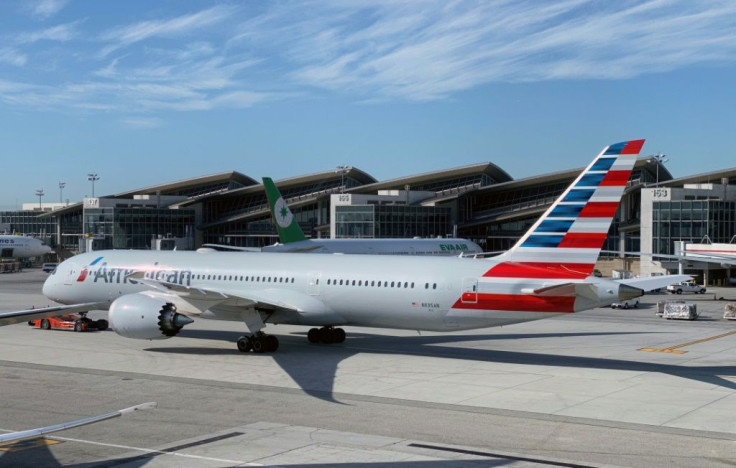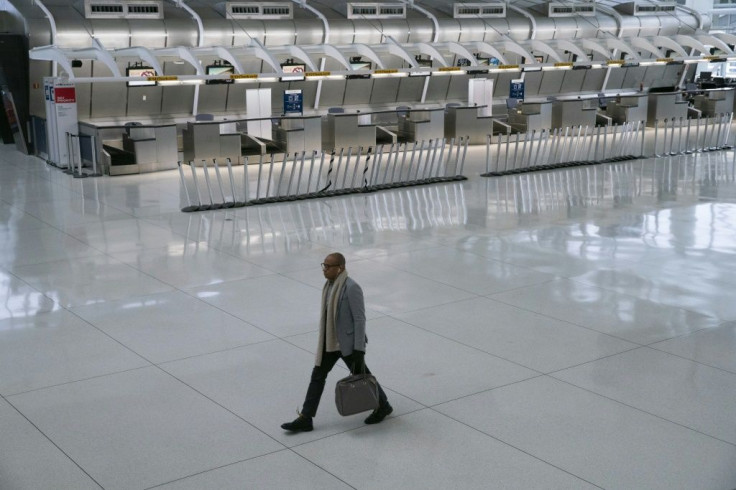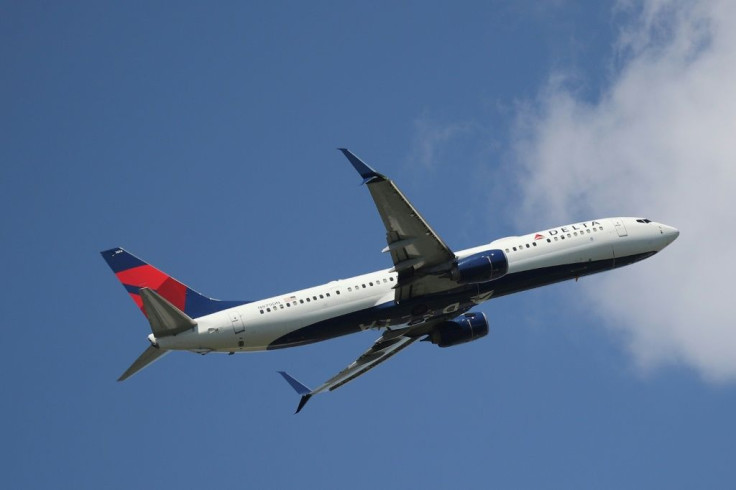US Airlines $25B Payroll Aid Plan: Choice Is Nationalization Or Bankruptcy

KEY POINTS
- US passenger airlines are staring at $250 billion losses due to the coronavirus disruptions
- Airlines are saddled with a payout of $35 billion in passenger fare refunds over flight cancellations
- Major carriers may have to resign to the possibility of government taking a substantial stake
Staring at a whopping $250 billion loss because of disruptions the global coronavirus pandemic has caused, major U.S. passenger airlines are close to accepting a $25 billion payroll aid plan that would bind them to protect current jobs until Sept. 30. In some ways, taking the bailout would mean accepting quasi-nationalization to remain airborne, as the alternative could be bankruptcy.
Airline industry officials expect all major airlines to accept the bailout plan under the CARES Act in the coming days, Treasury Secretary Steven Mnuchin said Monday. He expected the decisions to come out “very quickly,” a Reuters report said.
American Airlines and United Airlines are each eligible for about $6 billion in grants, Delta Air Lines about $5.6 billion and Southwest Airlines about $4 billion, the report said.
Apart from grants amounting to $25 billion, the bailout package would include an additional $25 billion in loans. This could go toward meeting the passenger fare refund burden of airlines that amount to another $35 billion. The CARES Act has earmarked another $8 billion for cargo airlines.
The bailout plan requires airlines to repay 30% of the borrowed funds and provide the government with warrants amounting to 10% of the loan amount, a report in The Hill said.
The Trump administration is unlikely to yield to pressure from the airline industry to change the terms of the aid plan, according to Brent McIntosh, the Treasury undersecretary for international affairs. The terms laid out Friday (April 10) would remain, the official said.

If the airlines accept the plan in the current form, the government could own about a 3% equity stake in American Airlines, making it the largest stakeholder in the carrier that has the most employees of all U.S. airlines. American also has the lowest market capitalization of the four main carriers at $5.3 billion, the report said.
The government stake could be 2.3% in United Airlines, 1% in Delta Air Lines, 1.3% in JetBlue and 0.6% in Southwest Airlines, according to Reuters data.
Some reports suggested the size of the grants under the payroll protection program available to passenger airlines could be effectively $17.5 billion as the total bailout bill exceeds $25 billion, forcing the Treasury Department to reduce proportionately the grant allotment for each airline. The airlines may have to repay the excess amount they receive on low-interest terms, according to a report in OilPrice.Com. They would also have to offer stock warrants on approximately 10% of the advanced amount, which could be turned into shares by the government later, according to the report.

Mnuchin has resisted calling the package a bailout, saying it was more of liquidity assistance to keep jobs intact. “It is our objective to make sure, as I have said, that this is not a bailout, but to make sure that airlines have the liquidity to keep their workers in place,” Mnuchin told the CNBC. The government was hoping to be sending out airline bailout checks by Monday but missed it.
© Copyright IBTimes 2024. All rights reserved.



















